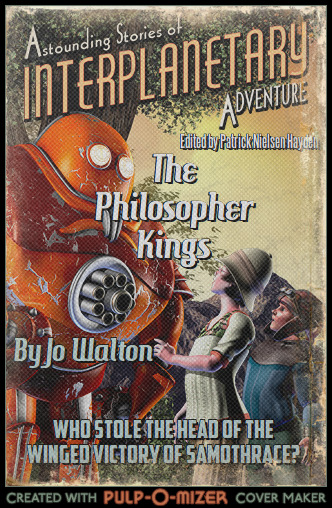![Nigel Brown [CC-BY-SA-2.0 (http://creativecommons.org/licenses/by-sa/2.0)], via Wikimedia Commons](http://upload.wikimedia.org/wikipedia/commons/a/ab/Cloud_inversion_and_sunset%2C_Cadair_Idris_-_geograph.org.uk_-_1532154.jpg)
some of them were flame
hafod, gorsedd, dwr, fflam
and the chains the words bear
and the colours of them shining
in the dark on the top of Cadair
cadair, whose chair, whose seat now?
and the sea under the moon
and all the old heroes
Sulis, Aneirin, Gwion Fach
little repetition piglets, mad in the far wood
and the way the words tie thoughts to sound
gweli, gwynt, y gwynt ar drws bob bore…
in the real wind whipping tears
out across the drowned lands all the way
Cartref Gwaelod, whose home now?
to Harlech where the men y dyn
where the words ripped and rippled
both his tongues, and some of them were flame.
24th January 2013
I don’t know if anyone could understand this without footnotes, which makes this an exceptionally useless poem, even considering the utility of most poetry.
There’s a legend that if you spend a night on Cadair Idris, a mountain in Wales, you come down mad or a poet. And Sonya was talking about Susan Cooper’s The Grey King and Lila was talking about what happened to Caradoc Pritchard in that book and said that the trick of Cadair Idris is that you’re either a poet anywway or you’re mad thinking that a night on a mountain would make you one. But I have always known what happens to people who do it now, which is what’s in this poem. (I have not done it. What, do you think I’m mad enough?)
You need to know how to pronounce Welsh to read this poem. You don’t need to know what it means. The most important pronunciation thing is that “bob” is like bawb, like bawd except with a b. Also that last bit of that is part of a lullaby. The piglet reference is to a poem in the Black Book of Carmarthen. Men of Harlech is a song that exists in Welsh and English.
The untranslated Welsh words translate as “summer house, stone circle, water, flame” “sleep, wind, the wind at the door every morning”.



